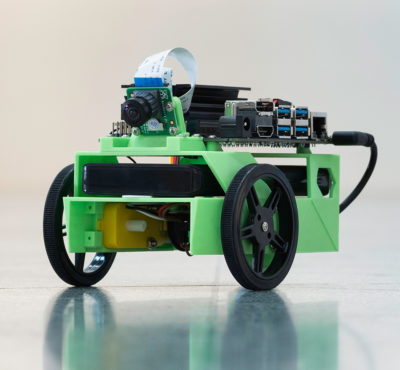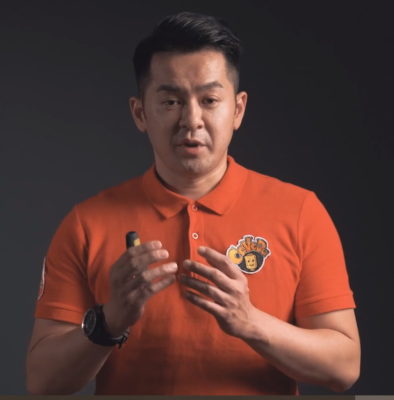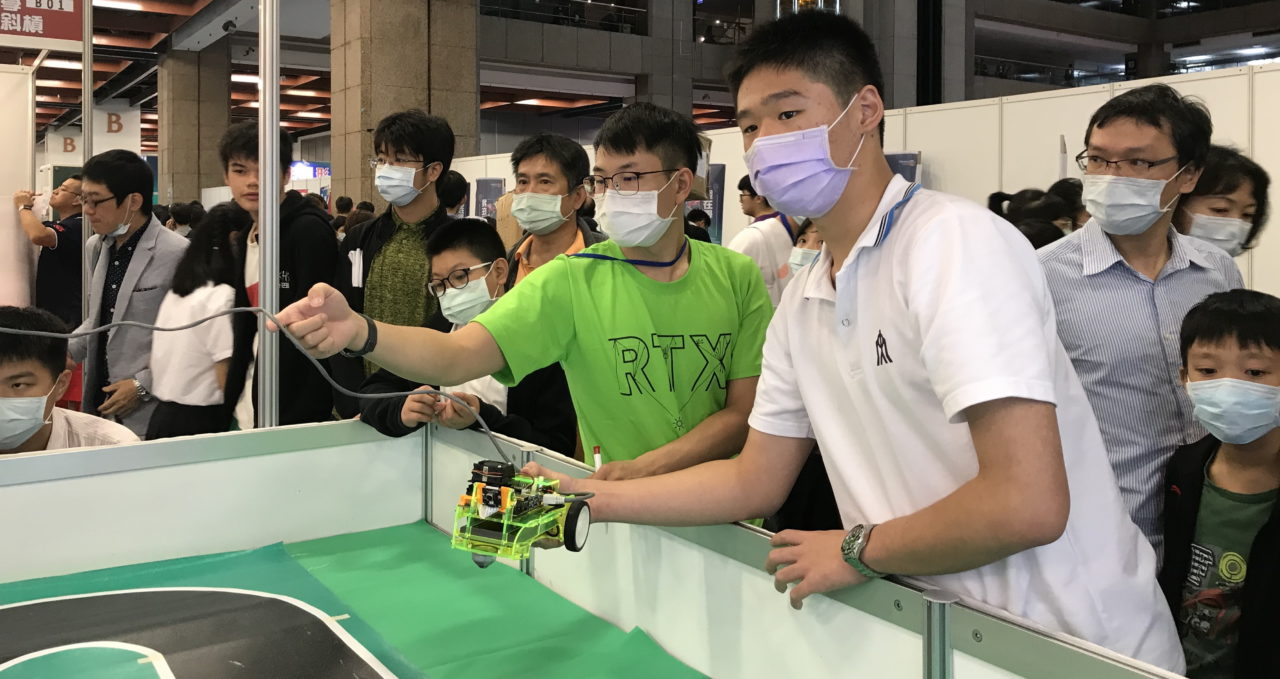Every teacher has a story about the moment a light switched on for one of their students.
David Tseng recalls a high school senior in Taipei excited at a summer camp to see a robot respond instantly when she updated her software. After class, she had a lot of questions and later built an AI-powered security system that let her friends — but not her parents — into her room.
“Before the class, she said she was not very interested in college, but now she’s majoring in computer science and she’s in my class as a freshman,” said Tseng, an assistant professor at the National Taiwan University of Science and Technology and founder of CAVEDU, a company that runs youth programs using robotics.
Echoes Out of Africa
A teacher in Tunisia who’s run many robotics events for young people tells a similar story.
“A couple of my students started their own robotics startup, AviaGeek Consulting, and a couple others got internships at an aircraft manufacturer in Tunisia thanks to what they learned and practiced,” said Khlaifia Bilel, an assistant professor of data science at an aviation school near Tunis, who started a student program to build tiny satellites using Jetson products.
“Thanks, NVIDIA, for changing the life of my kids,” he said in a talk at GTC in April.
Planting Seeds on the Farm
Tony Foster, a 4H program volunteer in Kansas, put one of the first Jetson Nano 2GB developer kits into the hands of an 11-year-old.
“She was in a rural area with no programming classes in her junior high school, so we sent her everything she needed and now she’s building a robot that can run a maze and she wants to take it to science fairs and robotics competitions,” he said in a GTC talk (watch a replay free with registration).
Foster, a 4H member since he was seven years old, believes the middle-school years are the best time to plant seeds. “These hands-on opportunities help children grow and learn — and they have results that last a lifetime,” he said.
A Celebration of Learning
On this World Youth Skills Day, we celebrate kids finding their way in the world.

So far this year, 250 organizations around the globe have expressed interest in using NVIDIA’s educational tools in their curriculum. As part of a grant program, the company has given hundreds of Jetson Nano developer kits to educators in colleges, schools and nonprofit groups.
Our work with the Boys & Girls Clubs of Western Pennsylvania’s AI Pathways Institute also helps expand access to AI and robotics education to more students, particularly in traditionally underrepresented communities.
Released in October, the Jetson Nano 2GB Developer Kit packs quite a punch for its size — a whopping 472 gigaflops of AI performance. That’s enough to run Linux and CUDA software as well as AI training and inference jobs.
Students Get Certified in AI
The hardware is just the half of it. NVIDIA also certifies students and educators in AI skills through its Deep Learning Institute (DLI). Eight-hour classes require attendees to demonstrate their skills by building a working project, and they help them do it through online courses, videos and a repository of code to get started.
The curriculum is being embraced around the world from high schools in Korea to universities in Japan and Europe. For example, at Spain’s University of Málaga, more than a dozen students attended a three-day workshop, seven are now certified AI specialists and the university is looking to integrate Jetson into its curriculum.
In Taiwan last year when the pandemic was not a factor, Tseng ran nearly 20 events with 300 participants and a competition that drew seven teams of high schoolers — work that led to 200 people earning DLI certificates.
Teacher Gives Program an A+
A recent weekend event for educators drew more than 100 attendees including 30 college professors, some from fashion, hospitality and economics departments.

“Schools are encouraging teachers to merge AI into their courses, so they are eager to find suitable content and DLI is very suitable because the documentation is good and it helps them get going right away,” said Tseng, whose company published a book in traditional Chinese to add to the curriculum.
The weekend event drew kudos from one of the professors who attended.
“Thanks to leaders like NVIDIA providing so many wonderful platforms and tools, I am more confident to teach AI in my next semester courses,” said Cheng-Ling Ying, a professor at Jinwen University of Science and Technology.
Making a Difference in Young Lives
Each teacher, each event sends out ripples that affect many young lives.
Back in Kansas, Foster said 4H STEM programs like the ones he runs now “really helped me on my path to become a computer system engineer working at Dell.”
Today, he’s one of 6,000 volunteers in a university extension program that serves 75,000 youth across five counties. “We want to empower youth … to make decisions about their future and go where they want in jobs and careers,” he said.
To learn more about how NVIDIA promotes youth and vocational education go to Jetson for AI Education.
